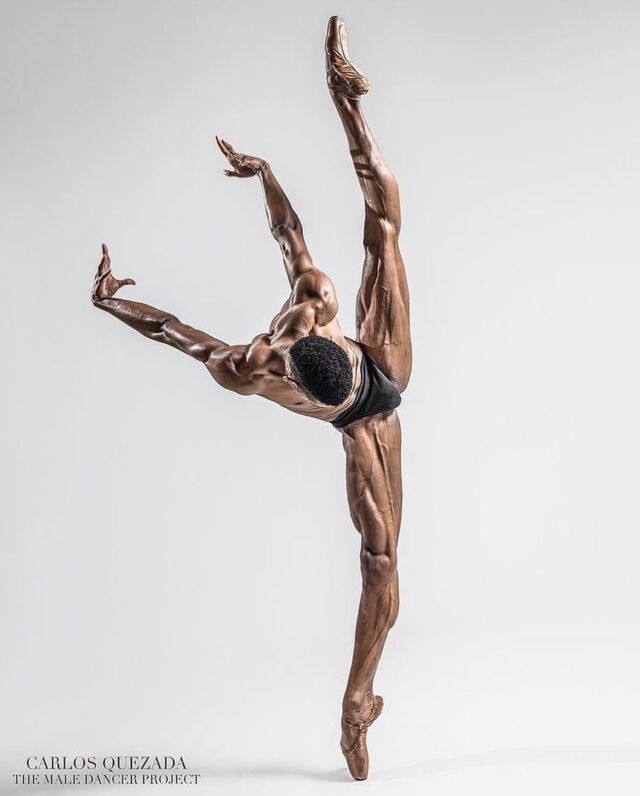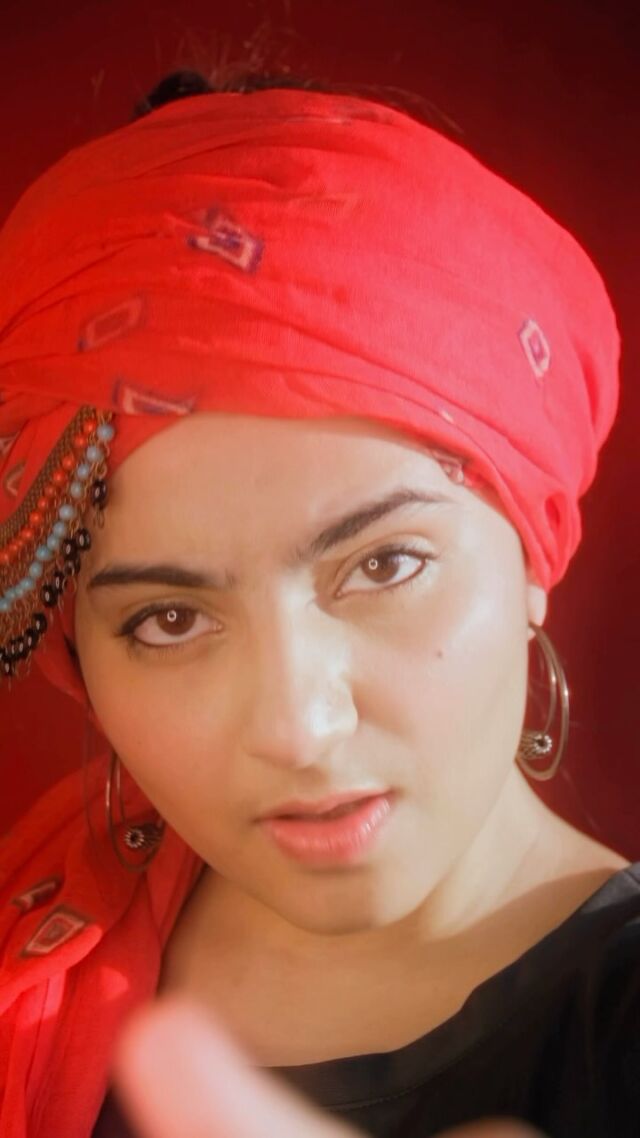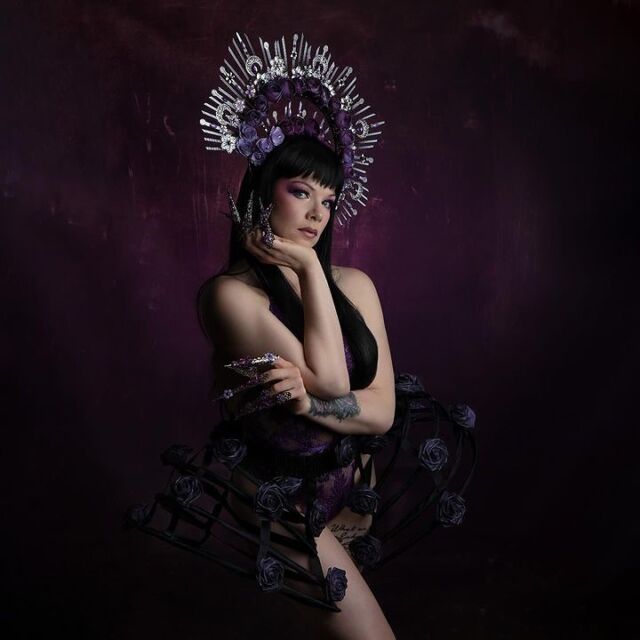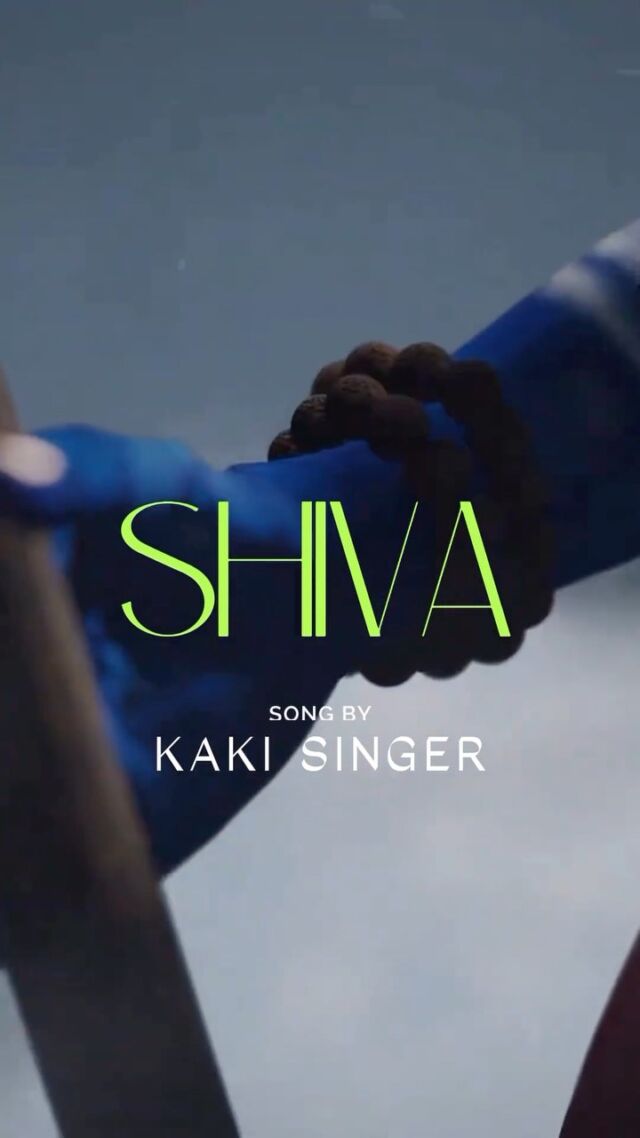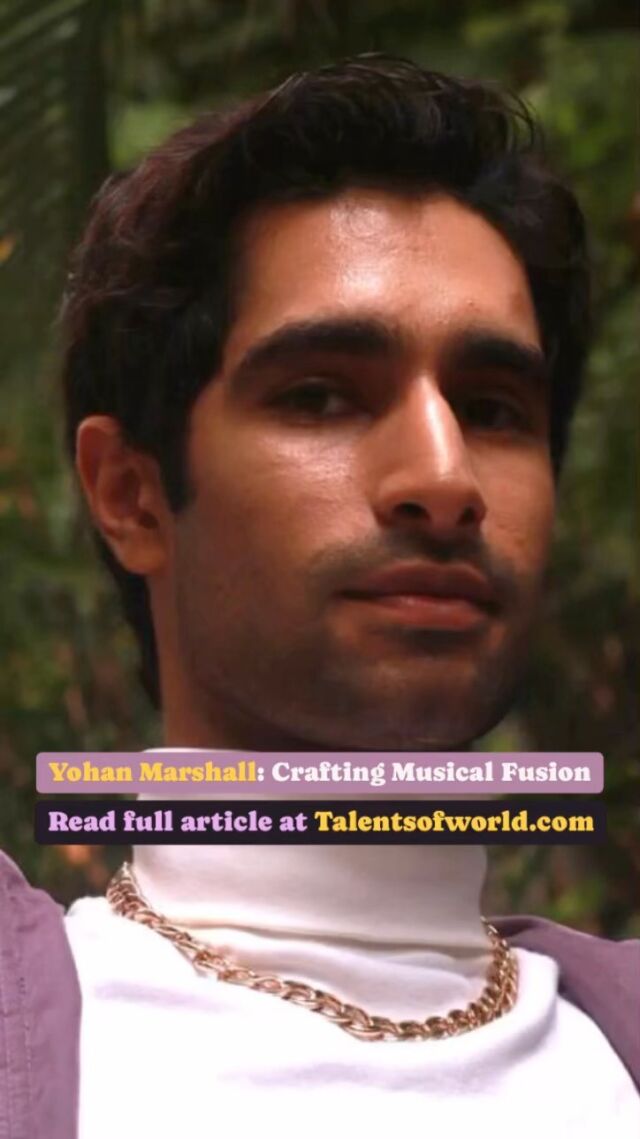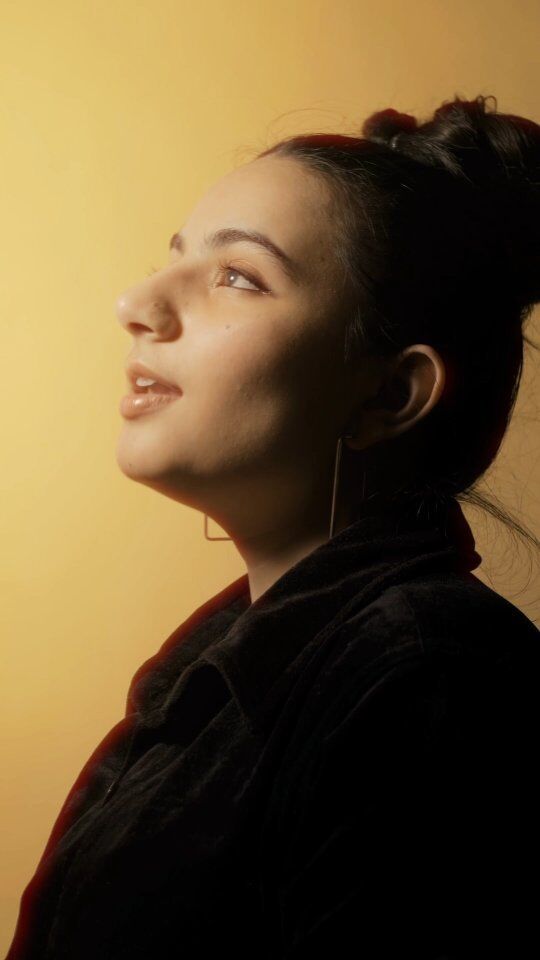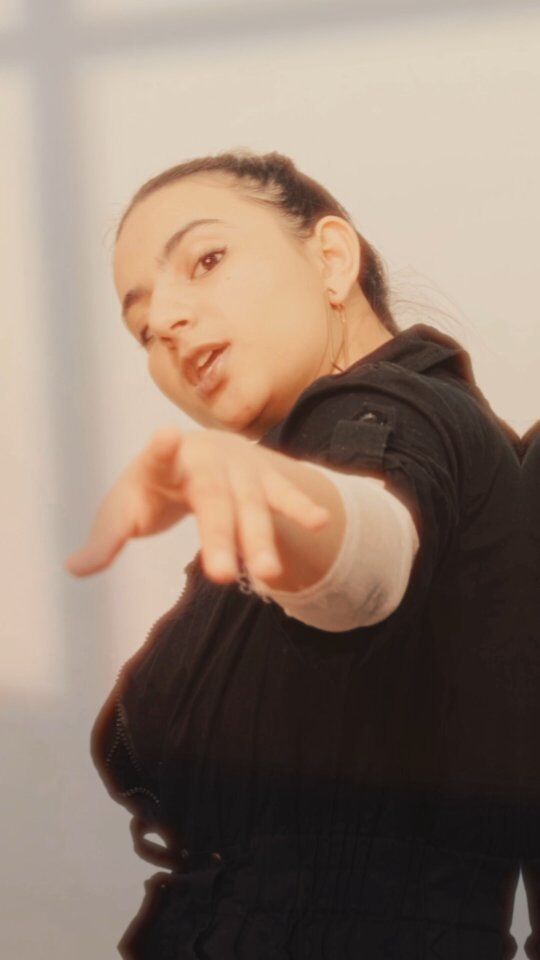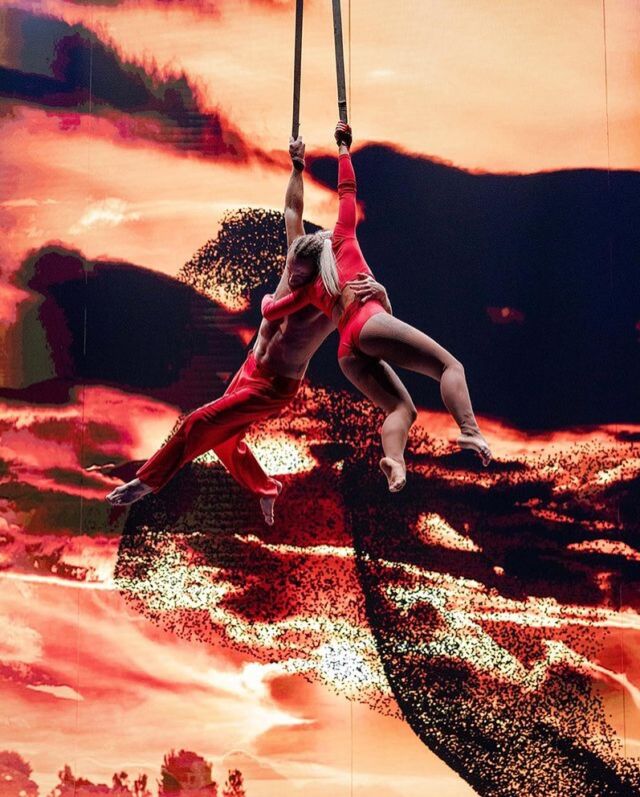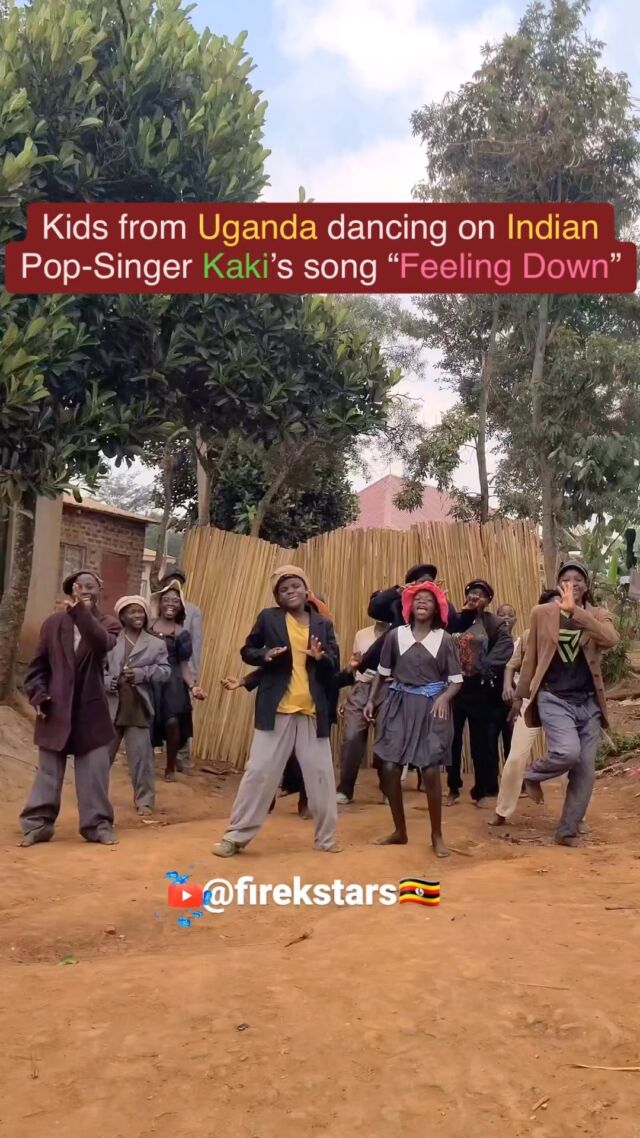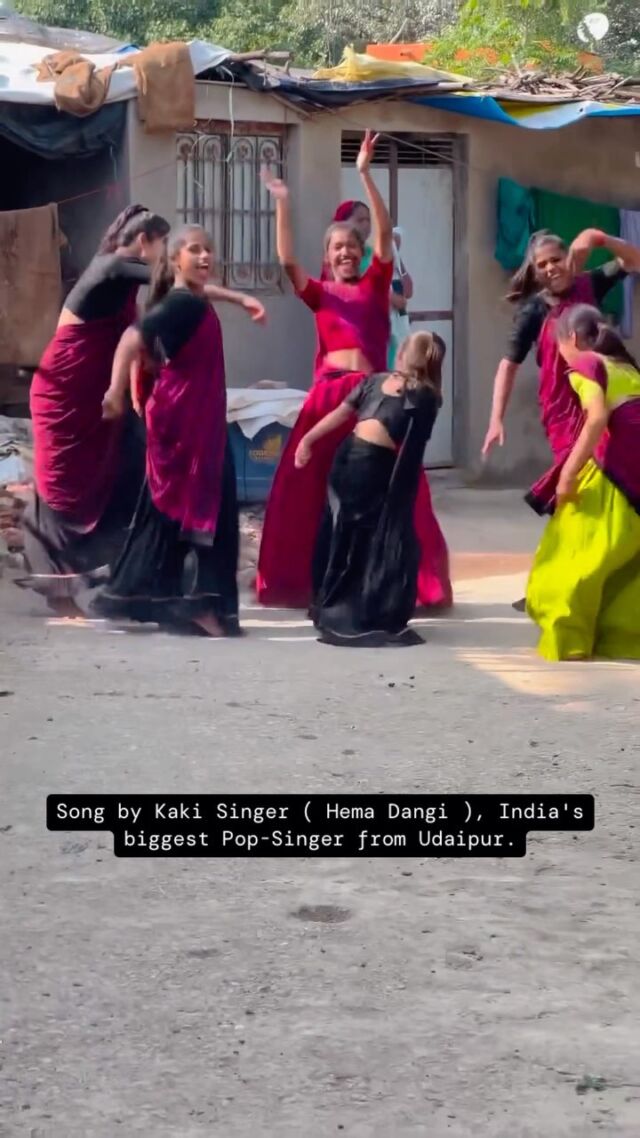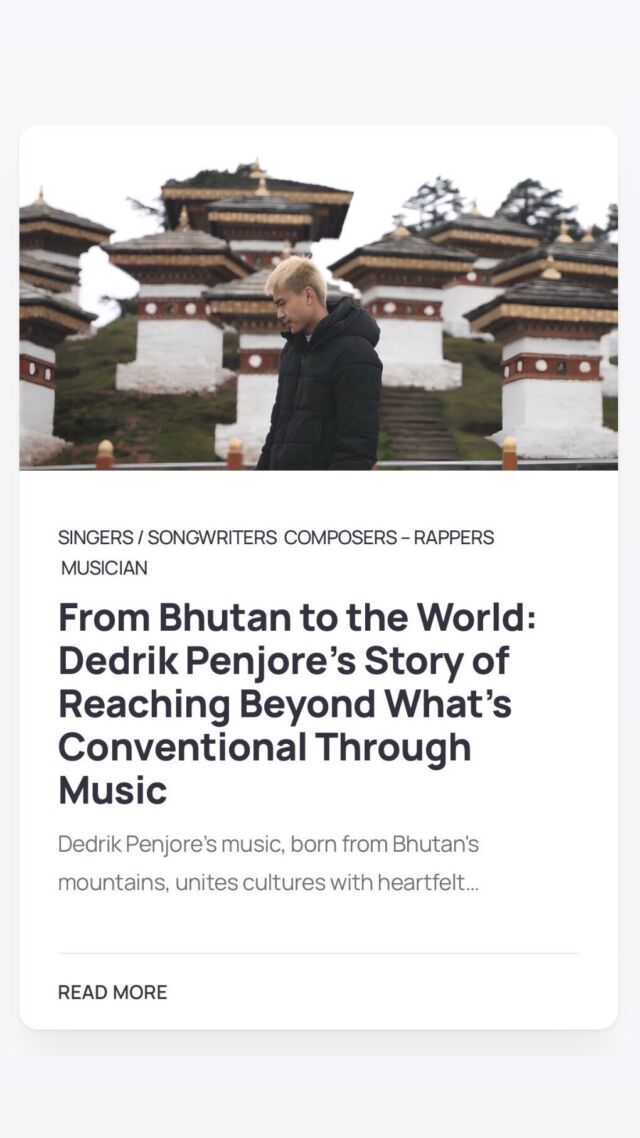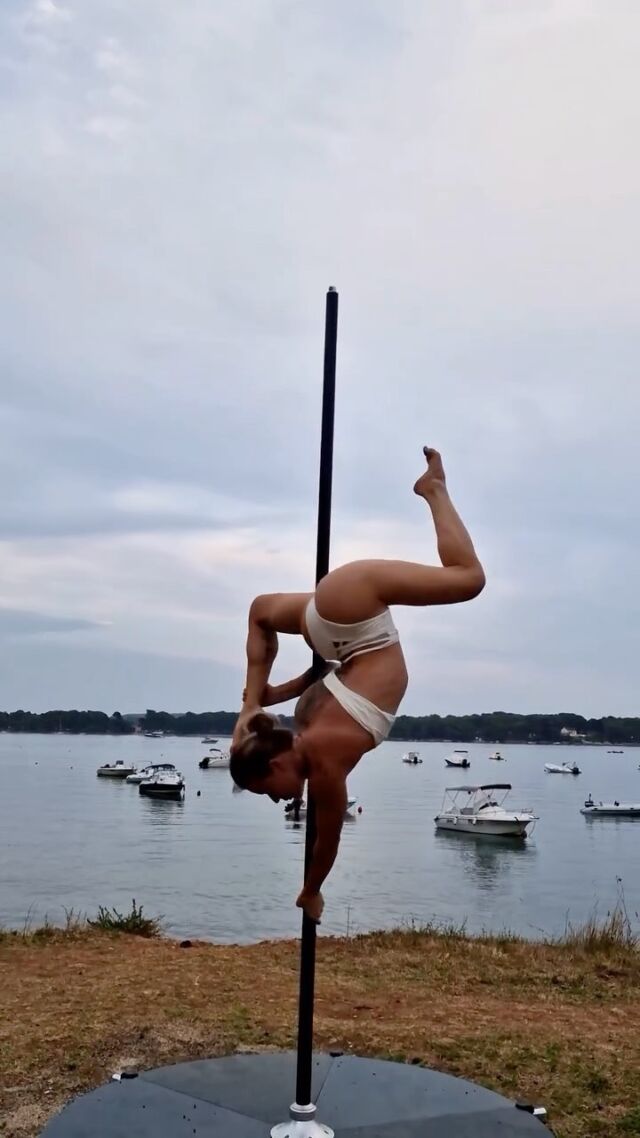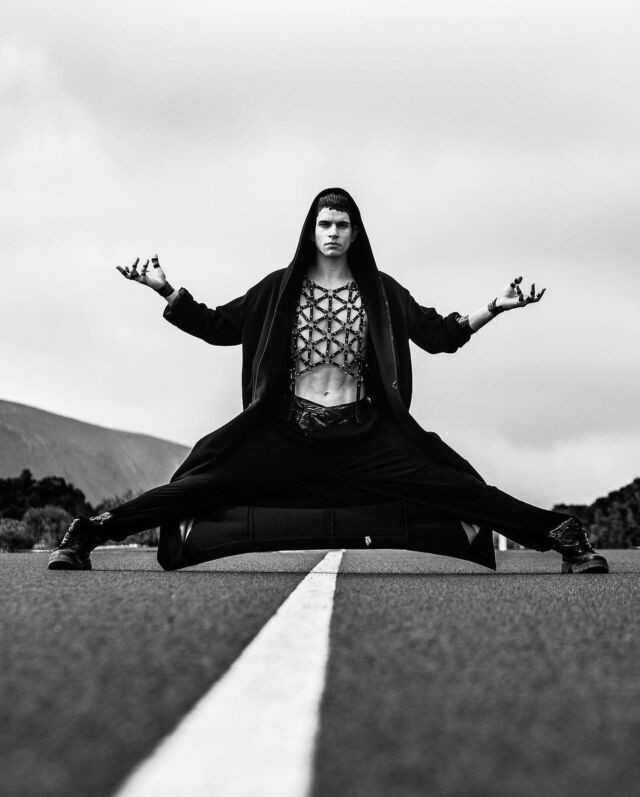I slept poorly the night before we went to the center of the world.
Three a.m. found me wide-awake in my parents’ house in Accra. My parents had been slowly building this house for more than half my life. Tonight was the first time in over a decade that we had all slept under the same roof in Ghana.
The frogs in the courtyard cried. Jet lag clung to me like an itchy blanket.
Obviously, one cannot actually travel to the iron core of this planet. And the Earth’s surface doesn’t really have a “center” — that’s not how spheres work. But a centuries-long collaboration between a motley crew of explorers and astronomers eventually yielded longitude: imaginary vertical lines radiating north to south around the globe.
Which means there is, in fact, a precise location where 0 degrees longitude meets 0 degrees latitude. The center of the world, if you like.
But unlike the Equator (0 degrees latitude), which is equidistant from the north and south poles, there is no natural basis for 0 degrees longitude. You can put it anywhere you like — and people did. Nations around the world established their own country-specific prime meridians, often running through their capital cities. Greenwich is a borough of Britain’s capital — hence, the Greenwich Meridian, which was internationally adopted in 1884.
This line slices down from London through the English Channel, over continental Europe, across the Balearic sea, and down through northwest Africa until it hits the port city of Tema, Ghana, before plunging into the Gulf of Guinea.
The actual point where the prime meridian hits the Equator is in the Atlantic Ocean. But the closest city in the entire world to that aqueous landmark is Tema, Ghana — where my mother grew up.
Tema was also my home from when I was a year old until the summer I turned five and we moved to New Jersey. I found out about its serendipitous location while scrolling through the internet a few days before my two-week visit to Ghana. I had just left a demanding job and I had no real plan for what would come next.
What were the odds I would encounter this fact just before my long-awaited trip, bags brimming with gifts for family members and half-formed questions about how to renovate a life?
My enthusiasm fell flat with my Tema-based relatives. “Will the Meridian fix the streets?” one cousin asked. Fair enough.
My mother alone — who has called three countries home — mustered some enthusiasm. I still can’t tell whether it was for my benefit (as when you cheer on a toddler who proudly presents a piece of lint) or because, as an immigrant, she knows the delicate work of telling others where she comes from in terms they can understand.
She and I left Accra for Tema on a Sunday afternoon under an unforgiving sun. The city — normally thrumming with food vendors and pedestrians dodging traffic — was still. We stopped first at my aunt’s home, a few houses up the road from the one where she and my mother grew up.
From there, we took a car a laughably short distance (because of my mother’s wonky knee) to the former Meridian Church, so named for the line that cuts across its property. Along the way we gained a younger cousin — mustachioed, lanky, and soft-spoken. His expression is somber by default, but his laugh reveals the little boy who lives on in my mind.
In the car, my mother called Uncle Charles (no relation), her old friend and the owner of a guesthouse across the street from the church. He had been tapped to show us around.
Uncle Charles has an easy grin and the warm, reassuring manner of someone who welcomes boarders for a living. Out of the car, he and my mother greeted each other in Ga, which I think of as the language in which my mother is funniest.
She’s pretty funny in English, and I don’t understand any of her other languages well enough to judge her wit, but I swear the majority of her conversations I overhear in Ga — the lingua franca of this city when she was a girl — devolve into belly-heaving laughter within minutes. This might just be my mother, but I like to imagine the center of the world surrounded by laughter.
There was a man dozing in the guardhouse when we approached the church gate. Uncle Charles woke him to say we were going to see the Greenwich Meridian Line across the yard.
A heated conversation unfolded: the guard insisted he could not let us walk the 30 or so feet forward without explicit permission from a church official; and since they had all gone home, we were out of luck.
That was ridiculous, Uncle Charles protested. He had walked there countless times without any such authorization.
The guard, perhaps not expecting resistance, swelled with dubious authority and insisted that he would not let us pass.
Disappointment pooled at my feet. I hadn’t expected to be transformed when I touched that ambiguously hallowed ground. But the prospect of being thwarted within view of our destination by this obdurate little man made me suffer.
I needn’t have worried. When gentle reasoning failed, it was decided that we would simply walk through the open air, across the unobstructed yard. If it really was a major transgression, Uncle Charles would take responsibility for it. The guard was visibly displeased at this puncturing of his authority — but short of tackling us, it was unclear what else he could do.
The Greenwich Meridian is marked by a stone runway. Dusty bricks line the outer layer, then a row of tan rock and, on the inside, a thin strip of speckled mauve. At the base stands a tall, steeple-shaped slab of white stone, the button atop a zipper you can imagine unraveling the whole world.
I hadn’t thought through exactly what I wanted to do at this sliver of land. A moment of meditation, maybe. Imagining myself projected forward along this line and into the Gulf of Guinea, where I would meet the Equator.
I tried to hold in my mind the profound cosmic and cultural insignificance of this patch of land alongside the irresistible invitation to wring some meaning from it — for how else can one mark a life?
My mother shattered my ruminations when she insisted that I pose for a photo in front of the marker. “No, Mom!” I said, with the special fervor of an adult child mounting a belated resistance.
Undeterred, she herself took up post at the foot of the marker and began shooting a video selfie. “Here I am standing on the Prime Meridian!” she said. I suppose we were all making meaning in our own ways.
Or, we weren’t.
My cousin, standing to the side, pointed toward the church behind us.
“What is it?” I asked him.
“I went to primary school here,” he said. “The Church ran my primary school. I never knew this line was back here.”
He spoke plainly, without fanfare. I couldn’t read anything in his expression.
“You don’t seem like you really care,” I said.
He began to gesture in genuine confusion at the space behind me.
“No,” he said. “I don’t really care.”
Emefa Addo Agawu, formerly a producer of “The Ezra Klein Show,” has written for The Washington Post, Vox and other publications.
Source link


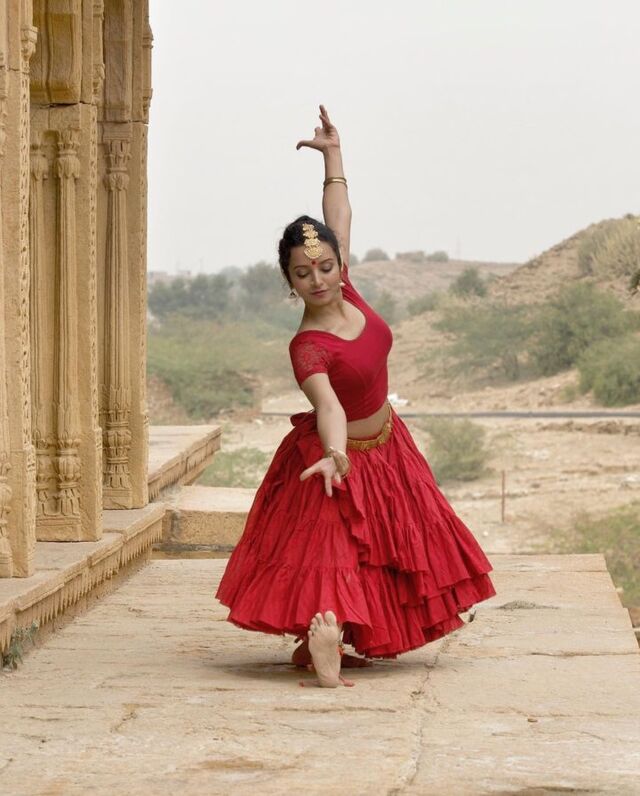





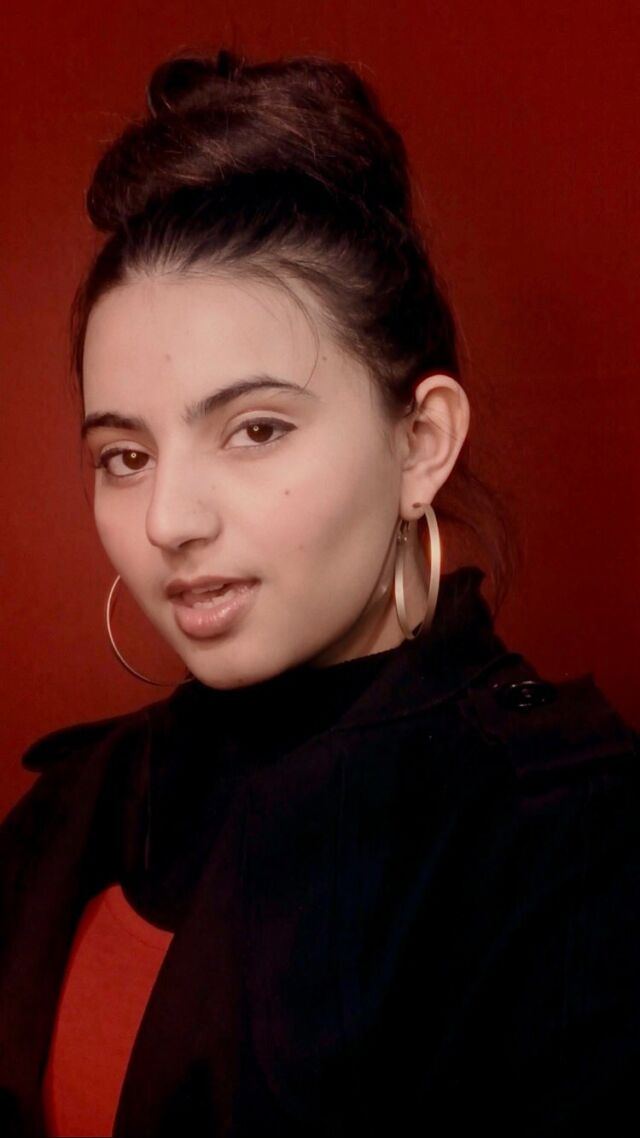
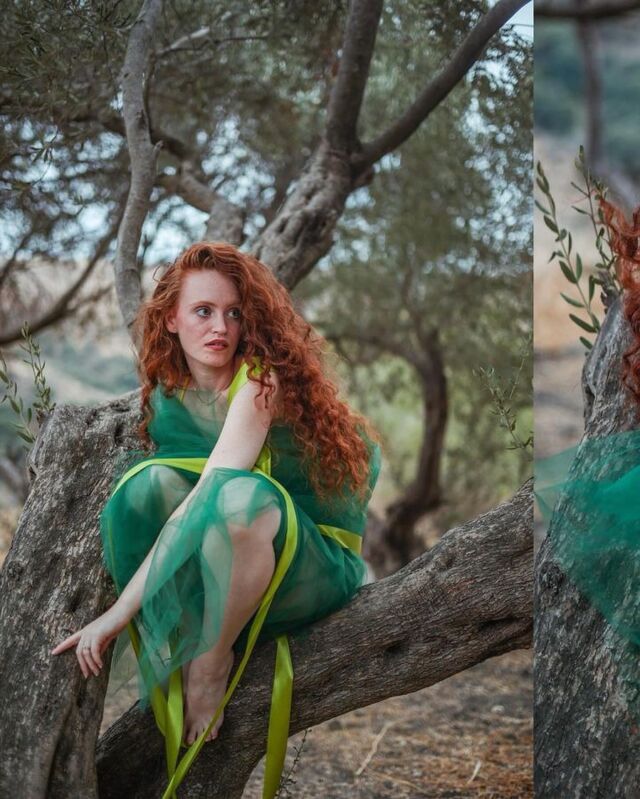
![Growing up learning Indian Classical Music, I’ve developed a deep appreciation for diverse musical genres, and techno is definitely one that has captured my interest. Got inspired to write this track by blending the beautiful melodies of Hindustani classical, particularly Raag Bhairav, with the beats of techno. Excited to share this fusion with you all!
Music by @miladzki
Check it out and vibe with me! 🎶✨
[ techno, newmusic, fusion, indianclassicalmusic, techno, music, kakisinger ]](https://talentsofworld.com/wp-content/uploads/wp-social-ninja/instagram/9xm.tv/18327743320185528_full.jpg)
![Listen to this Version of Dil Kho Gaya
Original Song From the Movie Dil.
Anand-Milind, Udit Narayan, Anuradha Paudwal sung this song
Music by Anand-Milind
Hope you guys like this Rendition of the Classic Song by Kaki Singer.
Like, Share & Comment.
[ Dil, Dil kho Gaya, old songs, Classic Bollywood, old song covers, retro songs, indian old songs, old hindi songs, melodies, kaki singer, Indian singers ]](https://talentsofworld.com/wp-content/uploads/wp-social-ninja/instagram/9xm.tv/17999564600299237_full.jpg)
